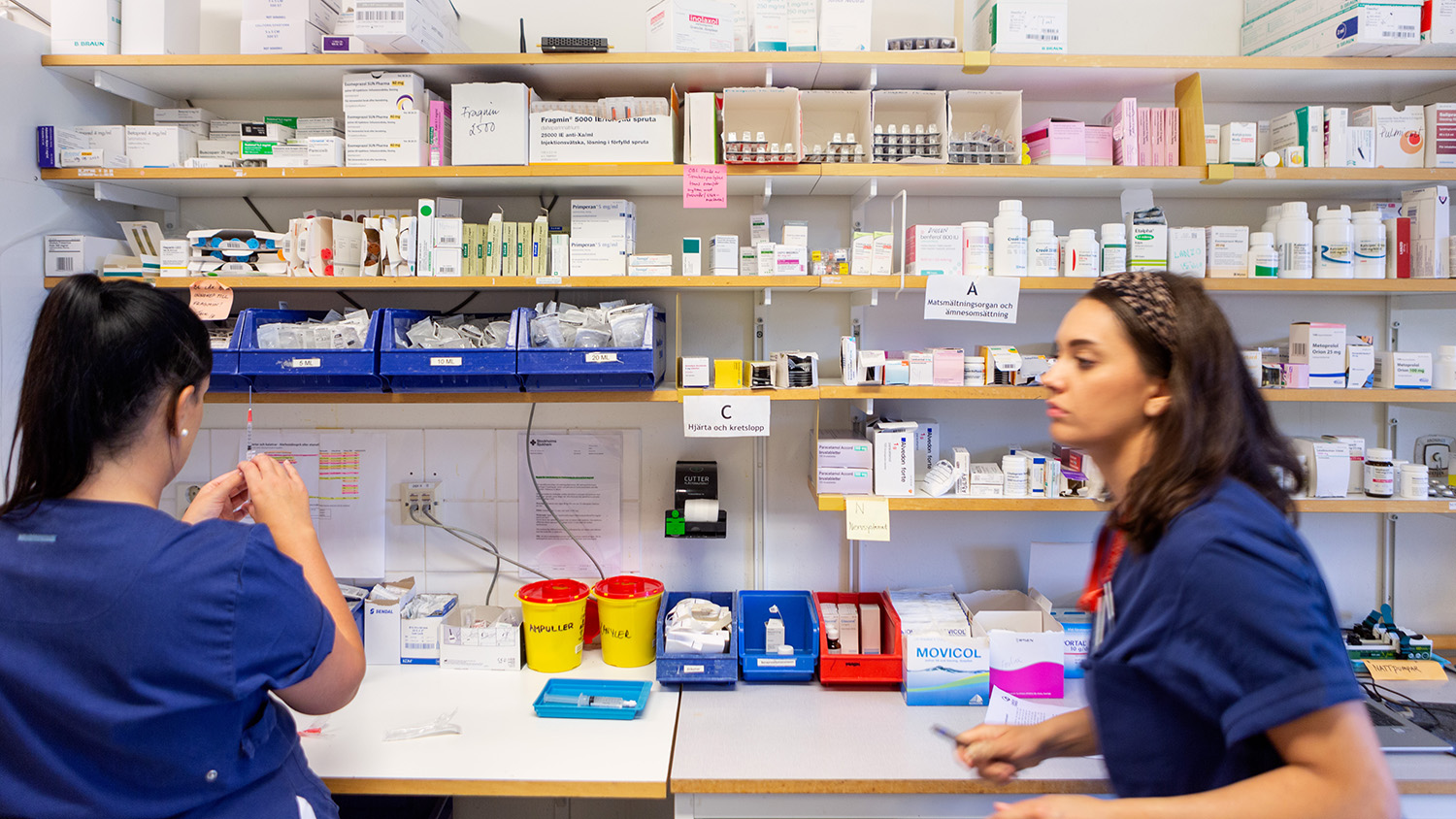In clinical studies, new methods and treatments are tested on people under controlled conditions. Research is crucial to knowing that new methods really work. However, conducting clinical treatment studies is often very expensive and requires resources that allow many different professional groups to work together.
– In Sweden, it has become more difficult for researchers to find funding for clinical studies and to get patients to participate in research. “I’m proud that we can now make this investment through very large grants to some really powerful research projects,” says Malin Sund, Chair of the Research Committee at the Cancer Foundation.
The goal is to have more effective treatments so that more cancer patients can be cured or live a long time with a good quality of life. Thanks to this private investment and previously awarded grants, this year the Cancer Foundation decided to award research grants equivalent to SEK 980 million. It is a record amount, and the money is invested in project grants and research positions.
A repressed need
When the application round ended, 48 applications were received, and the Cancer Foundation’s Research Committee, with the help of a group of international experts, selected 10 projects deemed the most promising.
– The quality and research of all applications was very high. The fact that so many great applications have emerged really shows that there is a pent-up need to fund this kind of research, so we will be repeating this private investment in 2024 as well,” says Malin Sund.
Among the ten that are now receiving grants are projects that deal with, for example
- Better surgeries for bowel cancer
- Better treatments for leukemia in children
- Comparison of radiation and surgery in prostate cancer
- Tailored treatment for HER2-positive breast cancer.
- Immunotherapy for eye cancer, or so-called ocular melanoma
- Comparison of different implants in breast reconstruction
Immunotherapy in a new way
Cancer researcher Karl-Johan Malmberg leads an immunotherapy research project that will receive SEK 19 million. Today, there are treatments that activate T cells in the immune system to attack cancer. Carl Johan Malmberg now wants to take this research a step further and try to train another type of immune system cell called natural killer cells. This has the potential to help more cancer patients.
– Our research team has achieved something amazing! Thanks to the support of the Cancer Foundation, we can now begin a clinical study where patients with leukemia are treated with natural killer cells. This builds on decades of research and opens the door to applying new knowledge from the laboratory directly to patient care.
“We hope to be able to offer more effective cell therapy for different forms of cancer and give more patients access to the latest developments in immunotherapy,” says Karl-Johan Malmberg, researcher at Karolinska Institutet.
Post-surgery support

Pernilla Lagergren, Professor of Surgical Care Sciences at Karolinska Institutet, researches supporting recovery after treatment for esophageal or stomach cancer. The project is now receiving SEK 15 million to evaluate a mobile application where the patient can receive individually tailored suggestions for self-care and help manage their condition.
– Oh, I’m speechless. It’s great! Thank you so much, so much, to the Cancer Foundation and all our donors! “I’m very happy that a healthcare science project can get money in this investment – highlighting this field makes me feel touched and I think we can do something really good for patients with this research project,” says Pernilla Lagergren.
The research is carried out in close collaboration with the research partners of the group, which consist of former esophageal or stomach cancer patients as well as a large network of, among others, the Patient Association, doctors, nurses, physiotherapists and nutritionists. About 250 patients across Sweden will be able to use the app in the project.
– We conducted a pilot study and many patients expressed a lack of support when they returned home from the hospital after surgery. We want to be able to meet that through the outcomes of this project.
See all who received the grants here.
Since the need is great, we will be announcing more research grants in a similar investment next year as well. If you are a researcher and would like to apply for grants – stay tuned to our website during the spring semester.

“Extreme tv maven. Beer fanatic. Friendly bacon fan. Communicator. Wannabe travel expert.”







More Stories
Why Rare Earth Metals for Electric Cars Are Crucial for Modern Mobility
“We want to promote critical rules approach”
“A lot happened during the trip,” Jönköping County Council